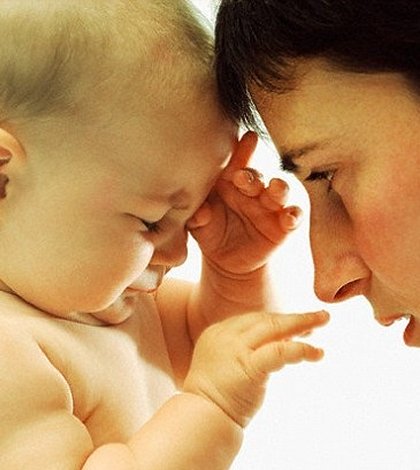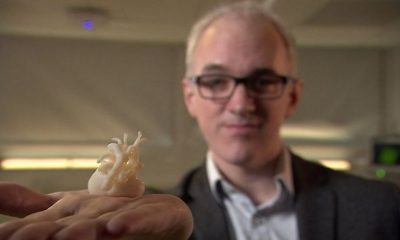The number of autism cases is sky-rocketing, and the most alarming thing of all is the fact that nobody really knows what is responsible for this. This is a global problem although research does suggest that some countries are being affected more than others.
While there is no guarantee of a cure, autism does quite often respond favourably to treatment. In many cases, the symptoms can be significantly reduced, thereby allowing many autistic children to receive a good education. Of course, as with many other medical conditions, early diagnosis can make a world of difference. The sooner the disorder is diagnosed, the better, because it increases the chances of treatment being successful.
Autism In Infants
Autism is not something which develops of a period of time, and it is not something you will suddenly develop later in life. In other words, you are either born with autism or you are not. With this in mind, all parents should learn how to recognize the symptoms of autism in infants. While symptoms can and do vary from one child to the next, there are a number of things parents can look for which would suggest that their child is autistic. These include but are not limited to:
* Inability to develop language skills
* Failure to recognize their own name
* Absence of pointing and babbling
* An unusual gaze and absence of smiling
* Repetitive behaviour
The above mentioned signs are the most typical autism symptoms in infants, so let’s take a closer look at each one in turn…
Poor language skills – most infants are able to say at least a few single words by the time they reach 16 months of age, and by 24 months they should be able to put together short two or three word phrases. If an infant cannot do this, they could well have autism, and professional advice should be sought.
Don’t respond to their own name – most infants can recognize their own name by the time they reach 9 months of age. If your child doesn’t respond when you call out their name, there is a strong possibility of them being autistic, but it is not a hard and fast rule.
No pointing and babbling – babbling is one of the most endearing things about infants. It’s when they take those first steps towards speech by uttering cute little sounds as they attempt to say things like mama or dada. At this stage, they also begin pointing to things which they find fascinating, and if an infant isn’t displaying these traits, then they could have autism. A professional diagnosis can confirm whether they do have the disorder or not.
An empty gaze and lack of smiling – typically, infants rarely make direct eye contact with you, but one can clearly see that they are alert and making countless observations. An autistic child on the other hand will usually appear to be in their “own world”, and are seemingly oblivious to their immediate surroundings. Autistic babies also don’t smile as often as normal infants. In fact, many never smile at all.
Repetitive behavior – repetitive behavior is one of the most common and most recognizable autism symptoms in infants. If your baby seems to do certain actions over and over again, then they could very well have the disorder. This is especially true if you notice that they always try to place things like bottles in a straight line. It doesn’t necessarily mean your child is autistic, but it certainly is one of the symptoms you should be looking for.
V K Rajagopalan

 Entertainment52 years ago
Entertainment52 years ago
 Fitness & Sports52 years ago
Fitness & Sports52 years ago
 Food52 years ago
Food52 years ago
 Articles52 years ago
Articles52 years ago
 Beauty52 years ago
Beauty52 years ago
 Entertainment52 years ago
Entertainment52 years ago
 Fitness & Sports52 years ago
Fitness & Sports52 years ago
 Recipes52 years ago
Recipes52 years ago

















